Curbs: India's investment climate causing concerns, experts say
India's unfriendly and unfair restrictions on Chinese smartphone manufacturers will only damage its own business climate and technological innovation, and will greatly ruin its attractiveness to global investors and market players in the long term, industry experts and company executives said on Wednesday.
They made the comments after the Indian government asked several Chinese smartphone makers, including Xiaomi, Oppo, Realme and Vivo, to appoint Indian executives in key positions such as chief executive officer, chief financial officer and chief technical officer, Indian newspaper The Economic Times reported on Tuesday, quoting three executives who attended meetings at which the matter was conveyed.
The Indian government has also directed them to appoint Indian contract manufacturers, increase local manufacturing down to the component level through joint ventures with Indian businesses, expand exports from the country and have local distributors, the report said. Xiaomi, Oppo, Realme and Vivo have not commented on the issue.
"The move is aimed at enabling Indian enterprises to gradually control Chinese companies, and grab key technology and production skills during the process," said Wang Peng, a senior researcher at the Beijing Academy of Social Sciences.
"The Indian government didn't hide its ambition to push Chinese giants out of the world's second-largest mobile phone market, especially with mounting concerns about Chinese manufacturers undercutting their Indian counterparts," he said.
In recent years, Chinese companies have faced rising compliance scrutiny from the Indian government. In April, a court in the country reportedly rejected Xiaomi's petition against the seizure of 55.51 billion rupees ($676 million), which was frozen in April last year by the federal financial crime agency over alleged illegal remittances to entities outside of India.
Wang said: "As India treats Chinese companies unfriendly and unfairly today, it will surely treat other foreign companies the same way in the future. This will greatly ruin its attractiveness to global investors and impede technological innovation in the end."
Ding Jihua, deputy director of the Beijing New Century Academy on Transnational Corporations, an institute that focuses on the study of multinational enterprises, agreed, saying that a large number of foreign investors, including Chinese ones, are already concerned about the investment climate in India.
Despite increased restrictions, Chinese smartphone makers continue to lead the Indian market. In the first quarter of this year, Xiaomi, Realme, Vivo and Oppo still were among the top five players and accounted for more than half of India's smartphone sales, according to market consultancy Counterpoint Research.
Yan Xiaoxiao, chairman of a smartphone service provider in India, said: "In fact, the rapid development of India's mobile phone manufacturing industry benefits from the expansion of Chinese companies' production capacity. More than 15 Chinese companies have set up factories in India, producing chargers, data cables, earphones, protective cases, Surface Mount Technology circuit boards and cameras."
India cannot split with China's smartphone industry at the moment, Yan said, adding that it will also be very hard for Indian manufacturers to emulate the success of Chinese smartphones in the market in the years to come.
"To replace made-in-China electronics, the country must create a well-rounded industrial chain, strong infrastructure and research and development capabilities, and all these may take India at least 10 to 20 years to build up," he said.









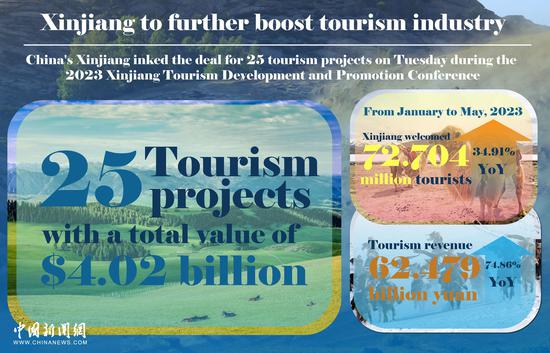
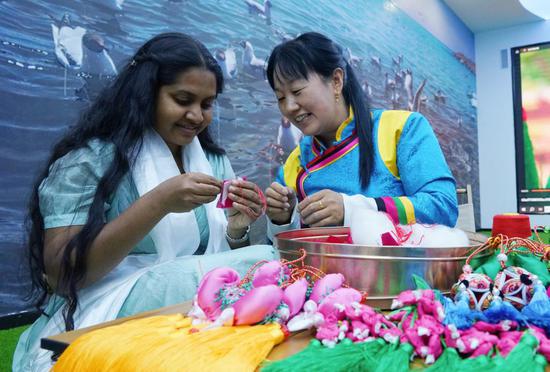

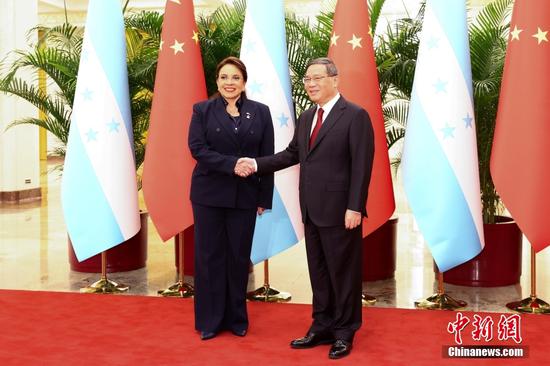


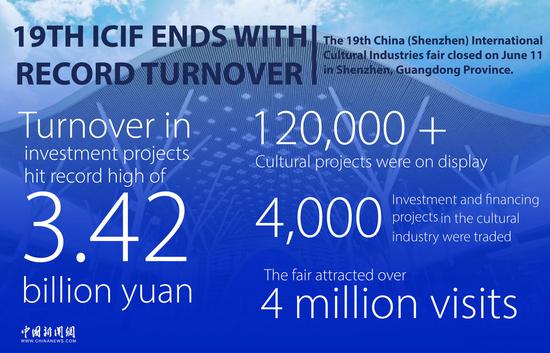









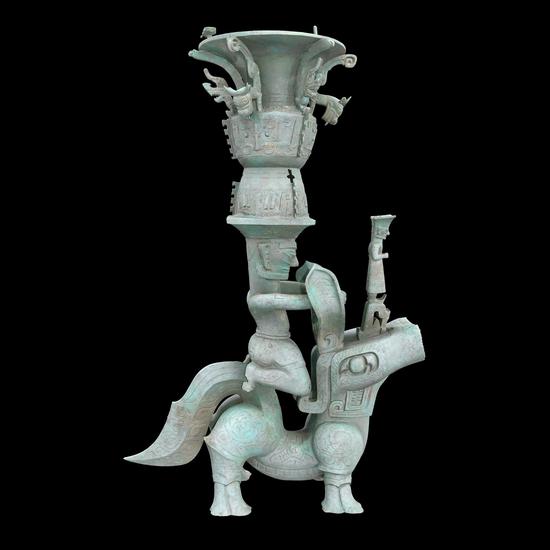

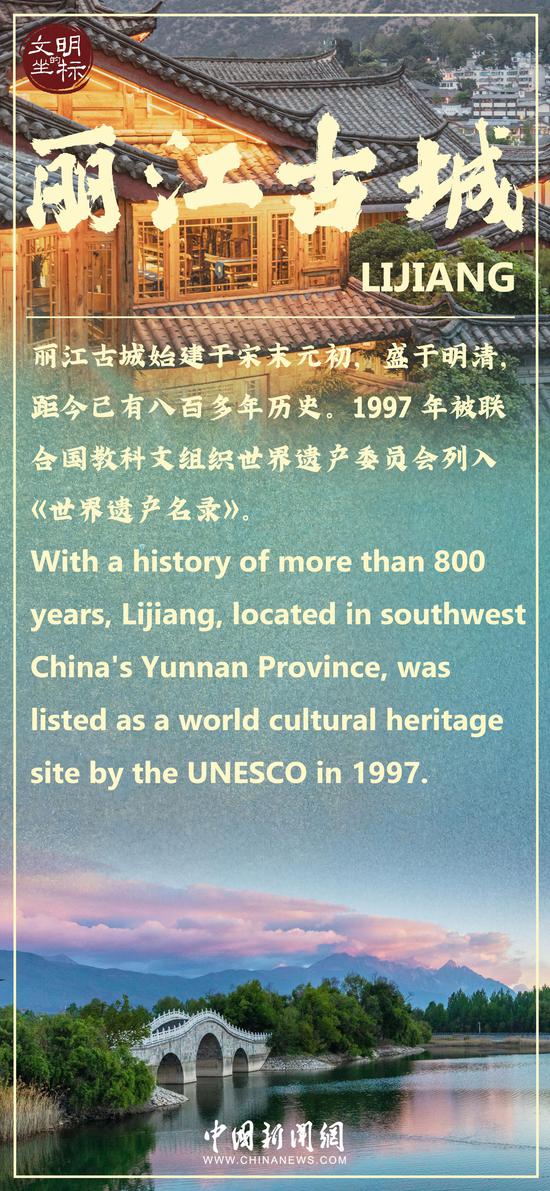



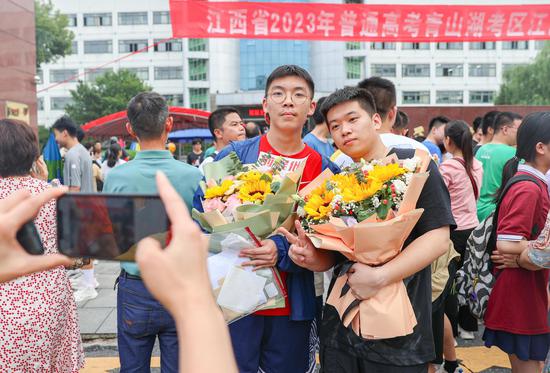

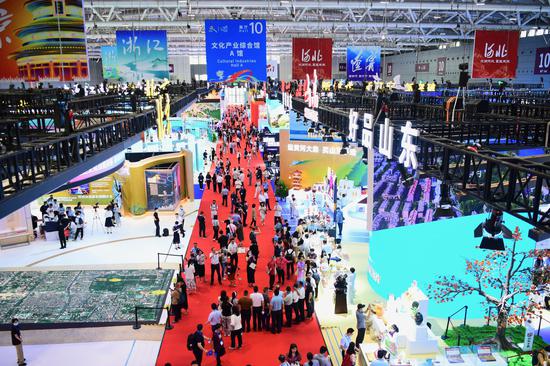


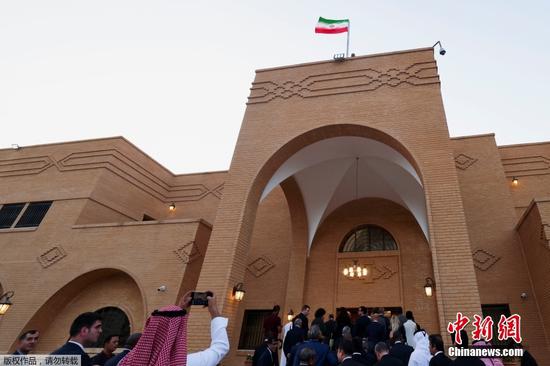
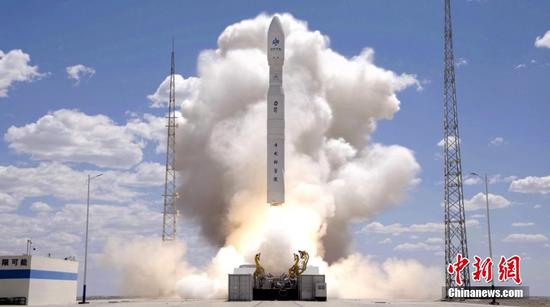












 京公网安备 11010202009201号
京公网安备 11010202009201号